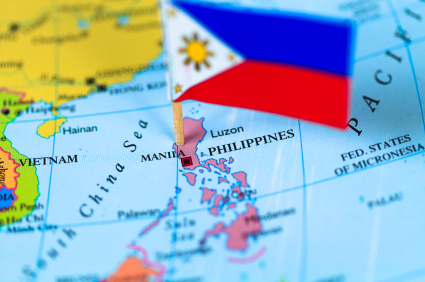The Philippines offers up a number of IT outsourcing opportunities for New Zealand tech companies. The benefits are worthy of closer inspection, says Catherine Beard.
As globalisation continues to surge, selling New Zealand software internationally is becoming more important for software companies. Yet, with this continuing trend there are associated obstacles that can limit the success of projects and general business operations.
Working with an offshore team can bring disciplines to a local team and provide greater perspective on global challenges that all software companies face. Fine tuning issues such as global functionality, culture and language with your own offshore team is a lot easier than firefighting with a new overseas customer.
On a recent trip to the Philippines via the trade commissioner and New Zealand Embassy, I spoke with Scott Darrow, NZTE Beachheads advisor, about the IT outsourcing opportunities there for Kiwi tech firms.
“Offshore teams can help deal with customer support and maintenance, QA (manual and automation testing), release management, technical writing and project development. Having built several software teams in the Philippines, I was surprised how quickly we trusted Manila teams to the extent that core application development was shared between New Zealand and technology teams in Manila,” says Darrow.
“Many technology companies are realising the benefits of outsourcing to the Philippines, taking advantage of the creative and expressive nature of people.
“Unlike India and China, the Philippines has a culture that is very compatible with Western cultures. After being a Spanish colony, the Philippines was governed by the US from 1899 to 1946 and the influence is still very evident today. English is the primary language for business and education in the Philippines.
“With the strong presence of the US, the Philippines has developed a government that is somewhat similar to the US system. This makes Western companies more comfortable doing business there.
“The Philippines has a very high literacy rate of about 92 percent, with basic education made available to practically the entire population. The country is the largest English speaking nation next to the US and UK, and produces around 40,000 IT graduates per year.
“There are about 80,000-plus software developers who work exclusively for export, with around 200,000 IT and software personnel currently working for multinational players such as Accenture, IBM, HP, AWS, Shell, Coke, Chevron, Safeway, Microsoft, Oracle, and SAP,” says Darrow.
“Export revenue for IT business process management was around US$18.9 billion in 2014 with US$2.1 billion in software exports. Some 14 percent of Philippine software companies have CMM/CMMI or ISO certifications.”
As Kiwis, we have a tendency to do it ourselves. If you’re interested in IT outsourcing, I would suggest talking to NZTE in advance to make sure you’re connected with the right people.
Darrow is ADEC Innovations Global CTO, and CIO of ADEC Innovations, a global provider of environmental, social and governance solutions. He is a visionary and goal-oriented technology executive with 33 years of international experience in planning, designing, developing and implementing innovative ICT solutions that address business opportunities and challenges.
In 1994 he moved to the Philippines to set up Logistic’s offshore development centre in the country. In the Philippines, he co-owned IT-Commerce and founded PHINZA, which produced a comprehensive IT operations management system, implemented using the latest web-browser-based technology.
Darrow serves as an advisor to NZTE under the Beachhead program. Beachheads connects participating companies to a network of private sector advisors in New Zealand and around the world who can act as mentors and provide insights into the realities of growing internationally successful businesses.
For more information contact the trade commissioner in the Philippines, Hernando Banal [email protected]. Catherine Beard is executive director of ExportNZ.




